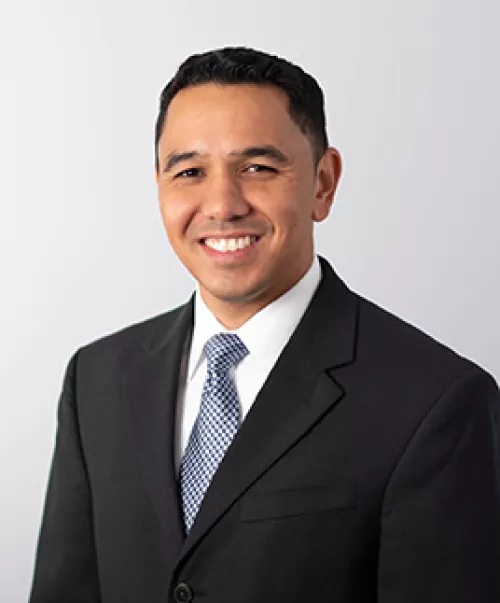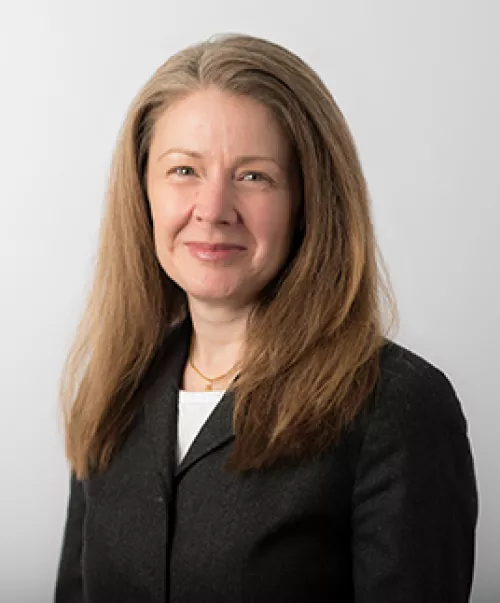Cavernous malformations, also called cavernous angiomas and cavernomas, are abnormal clusters of dilated blood vessels. The walls of these vessels are generally weak and are prone to leaking blood. These malformations can cause seizures, stroke symptoms, hemorrhages and headache. They can also remain asymptomatic and not require any treatment.
Ranging in size from microscopic to inches in diameter, cavernous malformations can be located anywhere in the body including the liver, rectum, kidney, eyes, nerves, spinal cord and brain. Those that develop in the brain or spinal cord, called cerebral cavernous malformations (CCM), are the most serious.
About one in 200 people have a cavernous malformation, affecting men and women almost equally and occurring in people of all races, sexes and ages. In some cases, these malformations may run in families and are inherited.
UCSF is designated a Clinical Center of Excellence in Cerebral Cavernous Malformation (CCM) by the Angioma Alliance. UCSF is the only institution in California, and one of only six in the nation, to earn this designation.







